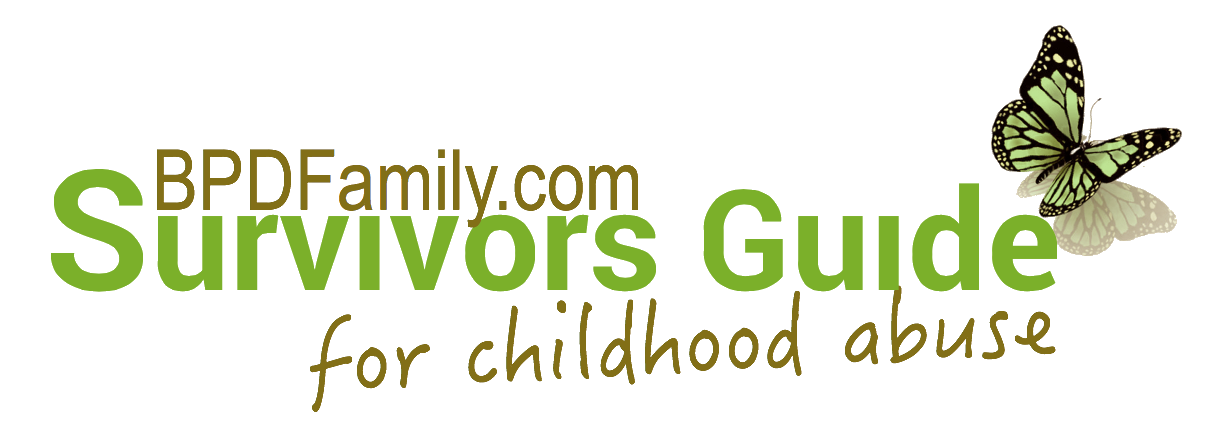 |
|
I can identify faulty beliefs and distorted perceptions in myself and others. |
|
Mourning [Step 11]: This step is focused on changing the faulty thinking, attitudes and beliefs about yourself and your past that continue to shape your view of the world. Given that the thoughts and attitudes born of your abuse will never really favor you, it is essential that you learn to challenge the internal tapes that are likely still playing in your head.
Because their childhood experience has often been extreme, many survivors become victims of their own misconceptions. A few examples of this tendency are 1) splitting everything into good and bad, or "thinking in black and white;" 2) discrediting the positive aspects of yourself or your efforts: "If it isn't perfect, then it's nothing;" 3) magical thinking, or attributing some outcomes to factors that are not relevant: "I was born under the wrong stars, so nothing will ever change," or "I got lucky once doing this, so all I need to do is repeat myself;" 4) basing conclusions on initial impressions or circumstantial evidence rather than balanced objectivity: "I don't know why I did it; I thought this guy had it in for me;" 5) personalization: assuming responsibility for something caused by other people or factors; 6) magnification and minimization: either making something catastrophically important or excessively diminishing its importance. There may be other types of distortions that you still fall prey to, perhaps more out of habit than anything else. First, familiarize yourself with the patterns that you use and practice identifying them when they occur. Then, using your newly-developed self-awareness, stop yourself so that you can short-circuit the patterns before they can do damage to you. Lastly, devise techniques to help you internalize corrected attitudes about yourself. |
© The Norma J. Morris Center, San Francisco, California